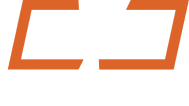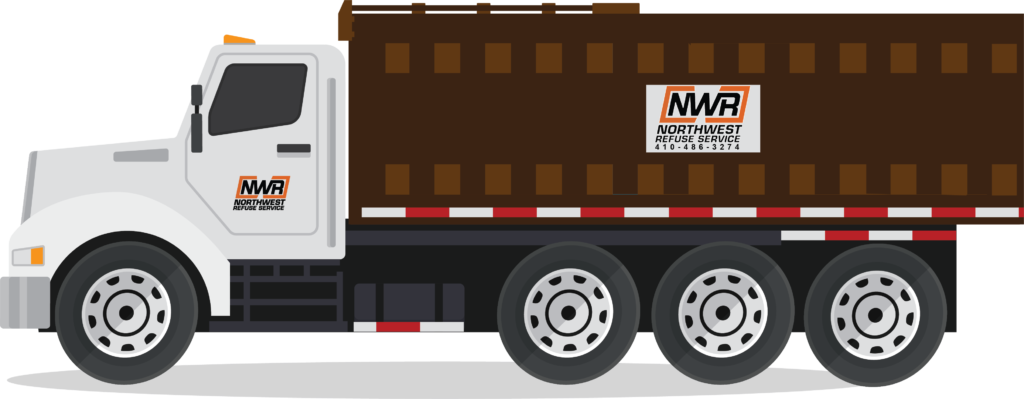Renting a roll-off dumpster is an essential step for many projects, from home renovations to construction site cleanups. Estimating the cost can be tricky since various factors influence the overall price. Understanding these elements can help you make an informed decision and stay within budget.
1. Choose the Right Dumpster Size
The size of the roll off dumpster you need is one of the most significant factors affecting cost. Roll-off dumpsters come in a range of sizes, typically measured in cubic yards (e.g., 10, 20, 30, or 40 cubic yards). Larger dumpsters cost more but can save money if they prevent multiple rentals for larger projects. Assess your waste volume to determine the appropriate size.
2. Consider the Type of Waste
The type of debris you plan to dispose of plays a key role in pricing. Common waste categories include:
- Household Waste: General clutter and non-hazardous materials.
- Construction Debris: Heavy materials like concrete or roofing shingles often cost more due to weight.
- Yard Waste: Leaves, branches, and other organic debris.
- Restricted Items: Hazardous materials or appliances may incur additional fees or require specialized services.
3. Account for Weight Limits
Most dumpster rentals have weight limits included in the base price. Exceeding these limits can result in overage fees. Estimating the weight of your debris and discussing it with the rental provider can help avoid surprises.
4. Determine the Rental Period
Roll off dumpster rentals are typically priced for a standard rental period, such as 7 or 14 days. Extending this period often incurs additional daily charges. To estimate costs accurately, consider how long you’ll need the dumpster and plan to finish within the agreed timeframe.
5. Evaluate Location-Specific Factors
Location can impact rental costs due to:
- Proximity to the Service Provider: Delivery and pickup fees can vary based on distance.
- Local Disposal Fees: Landfill tipping fees or recycling center costs vary by region.
- Permit Requirements: Renting a dumpster placed on public property may require permits, which add to the overall cost.
6. Compare Rental Companies
Prices can vary between providers, so it’s essential to get multiple quotes. Look for companies that:
- Include delivery and pickup in their pricing.
- Offer transparent breakdowns of fees.
- Have good reviews for customer service and reliability.
7. Plan for Additional Costs
Unexpected fees can arise, so it’s important to budget for:
- Overage charges for exceeding weight limits.
- Fees for prohibited items found in the dumpster.
- Costs for missed pickups or changes in rental terms.
Estimating the cost of renting a roll-off dumpster involves considering factors like size, type of waste, rental duration, and local regulations. By evaluating your project needs and researching service providers, you can find a solution that fits your budget while ensuring efficient waste disposal. Contact a trusted dumpster rental provider, like Northwest Refuse Service, for guidance tailored to your specific needs.


